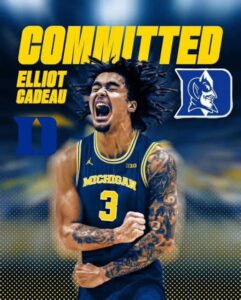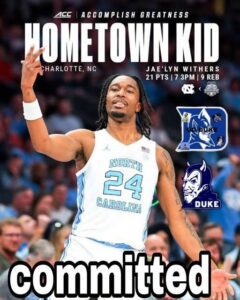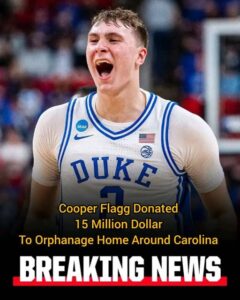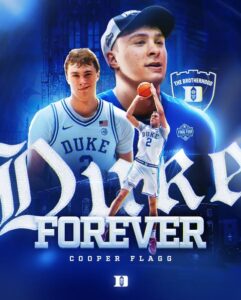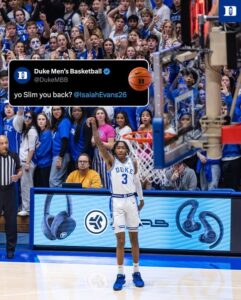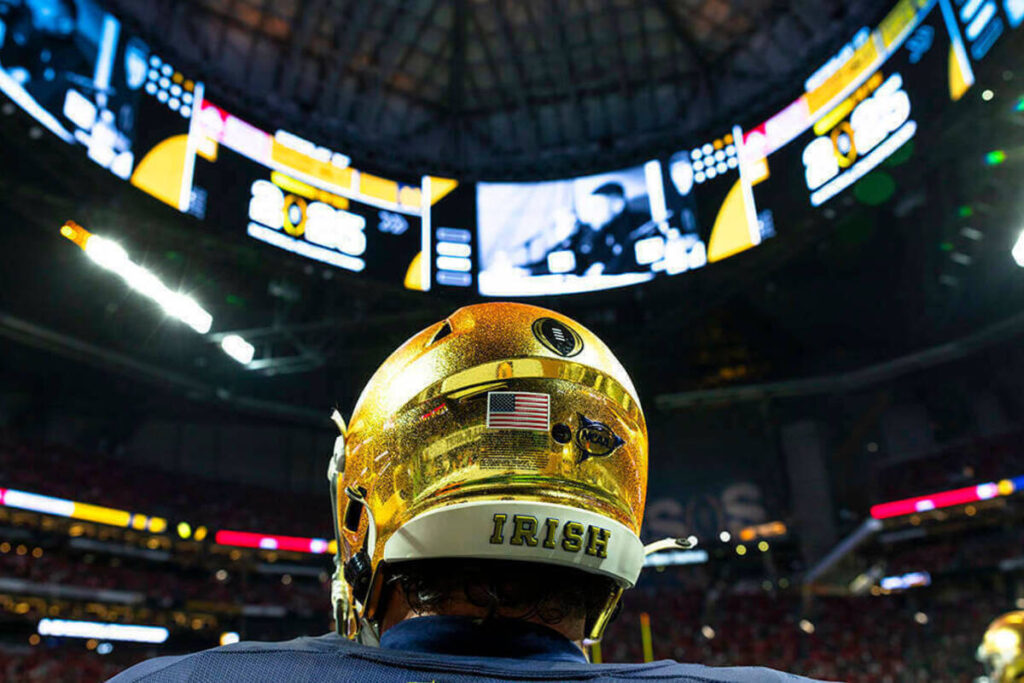
A declaration regarding the selling of alcoholic beverages during Notre Dame football, hockey, and basketball games
In keeping with the traditions of excellence, community, and faith that have long defined the University of Notre Dame, the time has come to address a matter that intersects with campus culture, financial sustainability, and fan experience: the sale of alcoholic beverages at athletic events. This declaration sets forth Notre Dame’s official policy shift in allowing controlled alcohol sales during football games at Notre Dame Stadium, hockey contests at Compton Family Ice Arena, and basketball matchups at Purcell Pavilion.
For generations, Notre Dame has stood apart—not merely as a Catholic institution, but as a beacon of integrity in college athletics. Our position on alcohol sales has mirrored our commitment to safety, values, and tradition. Yet, in light of evolving national trends, new information, and the importance of maintaining competitiveness in the collegiate athletic environment, we affirm this declaration as a well-considered pivot in university policy.
Section I: Historical Context and Institutional Culture
Since its founding in 1842, Notre Dame has distinguished itself through a fusion of academic rigor, athletic prestige, and Catholic identity. The university has historically abstained from commercial alcohol sales during sporting events, viewing such activity as incompatible with our mission and student-first environment. This longstanding position was driven by multiple considerations: the preservation of a family-friendly atmosphere, the safety of the student body and visitors, and the university’s desire to avoid compromising the sacredness of our communal gatherings, especially in spaces that border on the spiritual—like Notre Dame Stadium.
However, the collegiate athletic landscape has shifted dramatically in the 21st century. With the widespread expansion of media rights, name-image-likeness (NIL) compensation, and increased pressure for programs to fund scholarships, facility enhancements, and competitive salaries, the financial reality of modern athletics must be acknowledged. Many of our peer institutions—public and private, religious and secular—have already integrated responsible alcohol sales into their gameday experiences without sacrificing core institutional values.
Section II: The Decision-Making Process
This declaration is not the product of a single administrator’s whim, but the culmination of a multi-year review led by the Notre Dame Athletic Department in conjunction with the Office of Student Affairs, Campus Ministry, the Board of Trustees, and the President’s Council. Input was also gathered from alumni, students, faculty, gameday staff, public safety officials, and diocesan advisors.
Over the past two academic years, pilot programs were conducted during select hockey games and one neutral-site basketball event. These tests allowed us to measure crowd behavior, safety protocols, concession logistics, and public sentiment. The results demonstrated that when managed responsibly, alcohol sales could enhance the fan experience while maintaining the standards expected of Our Lady’s University.
A recent university-wide survey found that 68% of students, 74% of alumni, and 81% of season ticket holders supported limited alcohol sales, provided that appropriate safeguards were in place. Moreover, data from peer institutions—including Boston College, Duke, and Northwestern—showed no significant uptick in on-campus incidents or disciplinary referrals when alcohol sales were introduced under similar conditions.
Section III: Policy Framework and Implementation
Effective for the 2025–26 academic year, Notre Dame will introduce alcohol sales during football, hockey, and men’s and women’s basketball games, with the following provisions:
- Alcoholic Beverages Available: Beer and wine will be available at designated concession stands within the stadium and arenas. Hard liquor will not be sold.
- Locations:
- Notre Dame Stadium: Alcohol will be sold in concourse concession areas and select premium seating zones.
- Compton Family Ice Arena: Alcohol will be available throughout general seating sections.
- Purcell Pavilion at the Joyce Center: Sales will occur on the main concourse with designated consumption zones.
- Purchase Regulations:
- Patrons must be 21 years or older and present valid government-issued identification.
- A maximum of two beverages per purchase.
- Alcohol sales will end at the conclusion of the third quarter (football), second intermission (hockey), and start of the second half (basketball).
- Wristbands will be issued at the point of ID verification.
- Consumption Guidelines:
- Alcohol must be consumed within the venue and is not permitted to leave designated areas.
- Tailgating policies remain unchanged, and open containers outside regulated zones are prohibited.
- Staff Training:
- All concession vendors will be required to complete the TIPS (Training for Intervention Procedures) certification.
- Security and ushers will receive supplemental training on crowd management and intervention protocols.
- Revenue Use:
- Net proceeds from alcohol sales will be directed toward student-athlete scholarships, wellness programs, and campus mental health services.
- A fixed percentage will also support the university’s alcohol education initiatives.
Section IV: Addressing Health and Safety
We recognize that with opportunity comes responsibility. Notre Dame is committed to a holistic approach that prioritizes health and safety above revenue.
Campus safety officers and local law enforcement will increase their presence during games to ensure smooth operations. Emergency medical staff will be stationed in all major venues, and incident response plans have been updated to reflect the new policy.
The university will also expand alcohol education programs, including:
- Annual awareness campaigns for students and fans.
- Alcohol-free zones and sober sections within all venues.
- Post-game shuttle services to reduce impaired driving.
Section V: Cultural and Spiritual Considerations
Notre Dame is, above all, a place of faith. The decision to sell alcohol in the same stadium where the band plays the Alma Mater and fans chant the “Our Father” is not taken lightly.
To this end, all alcohol sales will be suspended during national anthems, player prayers, and ceremonial observances. Furthermore, Campus Ministry will continue to offer Mass on game days in proximity to athletic events, and attendees will be reminded of the balance between spirited celebration and moral responsibility.
This declaration is not a license for excess, but a commitment to hospitality—one that respects our Catholic identity while embracing the reality of modern collegiate athletics.
Section VI: The Fan Experience
From lifelong fans returning for a reunion weekend to new families attending their first Irish game, our goal is to offer a gameday experience rooted in camaraderie and class. Responsible alcohol sales will enhance—not detract from—this experience by:
- Reducing the incentive for binge drinking during tailgates.
- Allowing adult fans to enjoy a cold beverage during hot September games or inside a winter hockey arena.
- Creating new sponsorship and fan engagement opportunities, including craft beer partnerships with local South Bend breweries.
Section VII: Accountability and Review
This policy will be subject to ongoing review and adjustment. A new “Game Day Advisory Council” will be formed, comprising students, alumni, faculty, and staff, to monitor the effects of alcohol sales and recommend changes.
Metrics for evaluation include:
- On-campus incidents related to intoxication or disorderly conduct.
- Feedback from fans and visiting teams.
- Revenue vs. cost analysis.
- Student wellness data.
Should the policy produce unintended negative consequences or contradict our community values, the university reserves the right to amend, suspend, or reverse it.
Section VIII: Conclusion
Notre Dame is not like every other university—and that’s exactly why this decision matters. We stand at a unique crossroads where tradition meets transformation. This declaration is a testament to the belief that change can be made with prudence, that policy can reflect principle, and that faith and festivity need not be at odds.
As we prepare to enter this new chapter, we call on our students, alumni, and fans to uphold the standards that define us. Let our cheers still echo with respect. Let our celebrations remain anchored in joy, not indulgence. Let us prove, once again, that Notre Dame can lead—not by rejecting change, but by shaping it.
